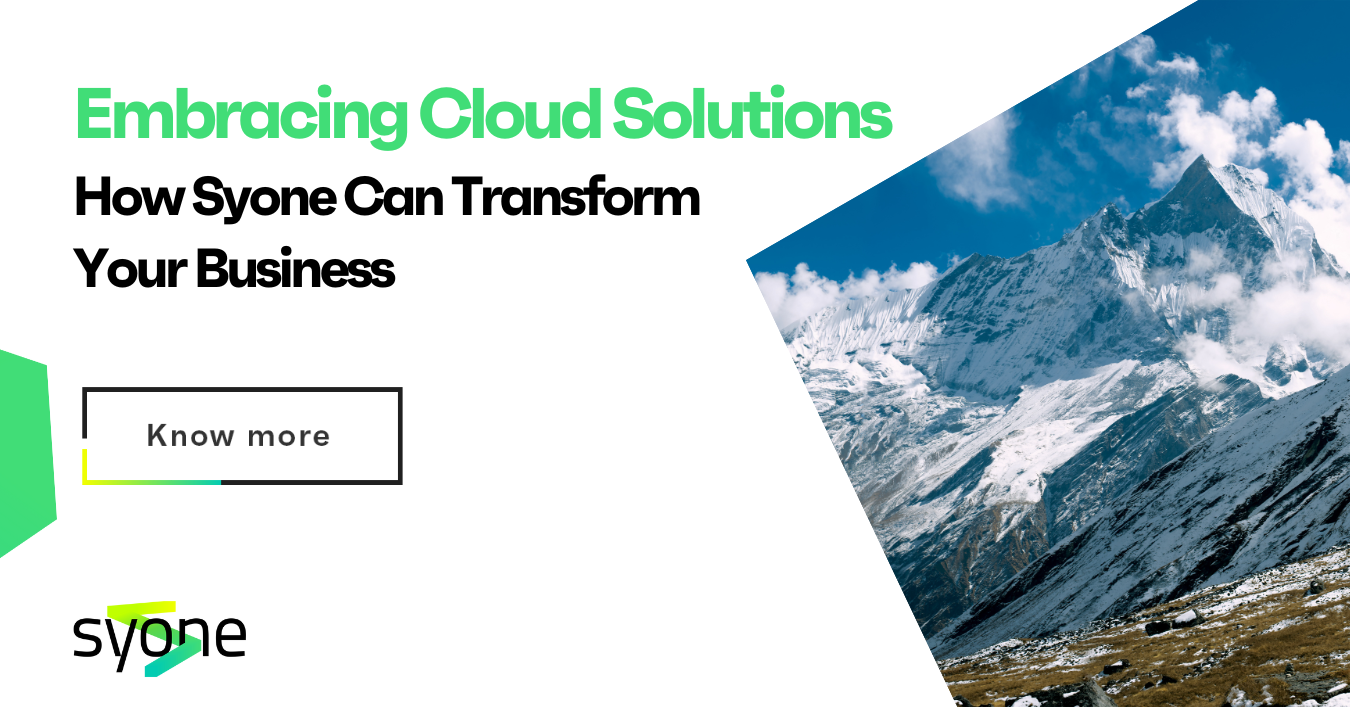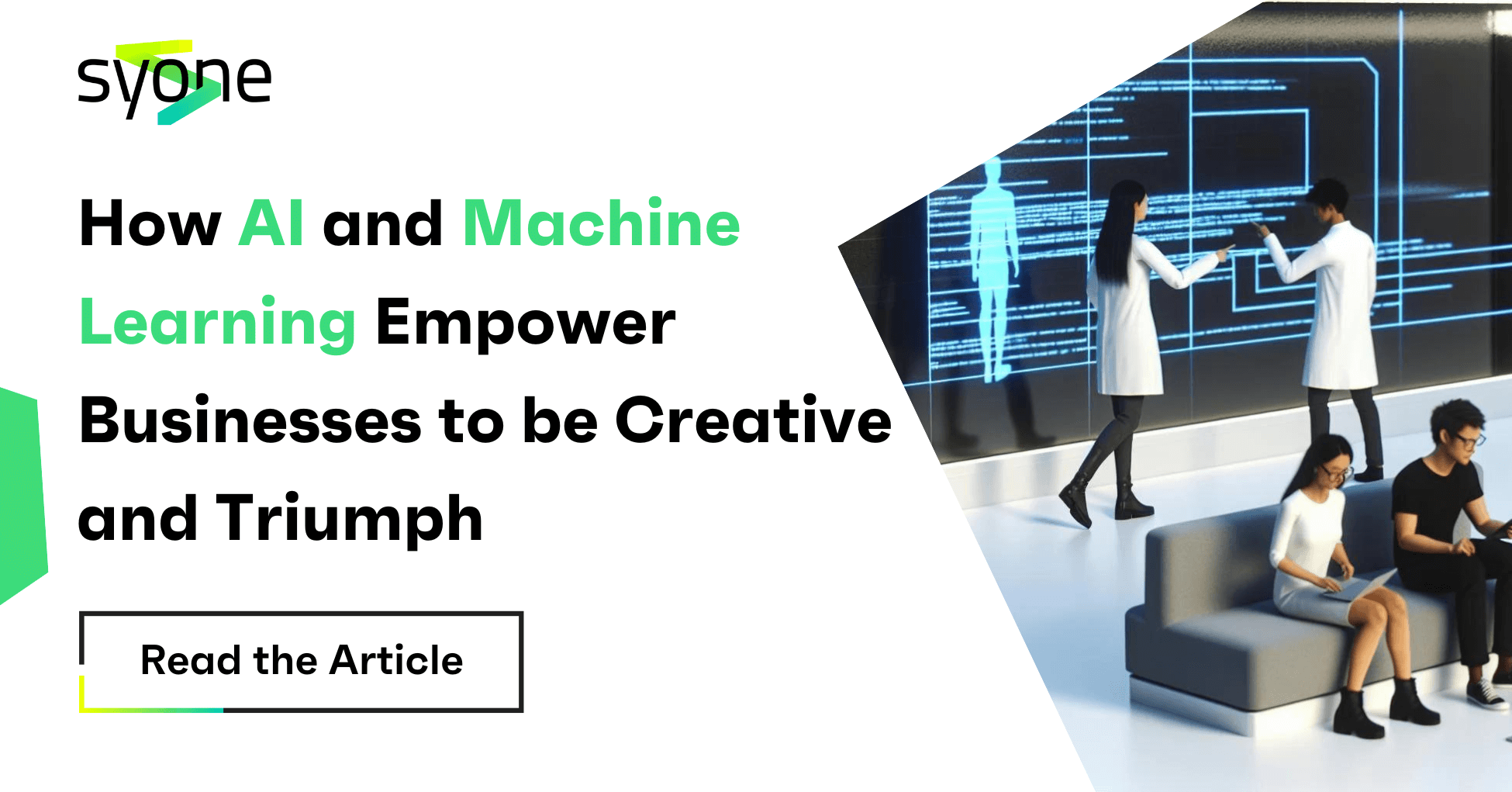The rapid transformation in the workplace is causing significant changes in the field of human resources management (HRM). The future of HRM will be shaped by trends such as an increase in wellness and diversity among employees, technological advancements, and remote work. This blog post highlights some crucial HRM trends and challenges while revealing how companies can adapt to succeed within a changing environment.
Trend 1: The Remote and Hybrid Work Revolution
The COVID-19 pandemic has made the move to remote and hybrid work arrangements much more rapid, thereby changing HRM drastically. Considering these new developments, HR personnel must reexamine their policies, procedures, and processes to maintain employee engagement, productivity, and job satisfaction.
Therefore, organizations should embrace flexible work arrangements so employees can work effectively from anywhere. This involves making appropriate investments in technology infrastructure to enable people to collaborate remotely without disturbance.
Equally important is the creation of virtual onboarding programs that will assimilate new hires into the organization’s culture and equip them with the necessary skills for optimal performance in their jobs. The program design should be engaging, interactive, and responsive to specific needs peculiar to telecommute workers.
Moreover, cultivating team spirit among remote workers is essential. This can be done through virtual team-building exercises such as social events designed for bonding and regular communication which creates an inclusive workplace where employees feel connected and valued.
Trend 2: Technology and Automation
Technology has become a critical part of HRM. New tools and platforms have emerged, which lead to efficiency improvement and better decision-making.
Consequently, HR professionals are required to keep up-to-date with the latest advancements such as artificial intelligence (AI) and blockchain to enhance their organizations’ efficiency.
To benefit from these technological advances, HR professionals can employ AI-based systems for automating usual tasks such as curriculum vitae evaluation, scheduling interviews, and performance appraisals among others. As a result, HR teams can concentrate on strategic initiatives that promote organizational growth in the long run.
Moreover, one should consider leveraging data analytics which provides insights on workforce trends and areas for development. Organizational decisions regarding talent attraction and retention can be made by using data-driven analysis thus leading to a more engaged and productive workforce.
Furthermore, exploring the possibilities that new technologies like virtual reality (VR) or augmented reality (AR) offer in employee training and development can also significantly improve how people learn. It is therefore possible for this function to change completely how businesses are managed through HRM by embracing these technological advancements.
Trend 3: Employee Well-being and Mental Health
The importance of employee well-being and mental health in HRM means this aspect of the employee experience must be accommodated. Organizations that attach importance to employee well-being and mental health are more likely to get increased employee engagement, productivity, and retention.
To support employees, organizations should develop all-inclusive wellness programs that cover psychological fitness, emotional welfare, and physical safety. Such programs may include access to psychiatric services, mindfulness training, and flexible working hours among others.
It is also important to create an open and supportive environment where employees feel comfortable talking about their mental health issues. Having open conversations around mental well-being helps reduce stigma as well as foster a culture of understanding and support.
At Syone, we've partnered with a trusted entity to offer our employees and their families free psychology sessions, tax and financial advice, and psychosocial support. It's our way of prioritizing the holistic needs of Syoners and their families, ensuring they have the necessary resources to navigate life's challenges with confidence and resilience.
Managers need to be equipped with skills in identifying signs of mental distress and provided with the necessary resources for supporting their team members. These measures will help HRM in creating a workplace culture that cherishes the wellness of employees including positive mental health thereby sustaining staff effectiveness and overall organizational achievements over time.
Here at Syone, for example, all of our employees have the opportunity to be part of PULSO, a program built to help all Syoners and their families’ well-being by finding the best solutions through psychosocial support and counseling services.
Trend 4: Diversity, Equity and Inclusion (DEI)
Diversity, Equity, and Inclusion (DEI) initiatives have been at the forefront of many organizations as they strive to make workplaces that are more inclusive and fairer hence making HRM play a critical role. Beyond promoting social justice, diverse and inclusive workplaces result in better decision-making, innovation, and business outcomes.
To this end, therefore, HRM is supposed to come up with a DEI strategy that encompasses recruitment, hiring, promotion, and retention practices thus ensuring equal opportunities for all employees. Moreover, offering DEI training across all cadres of employees is crucial since it boosts an appreciation of cultural diversity while embracing respectful relationships.
Furthermore, there should be Employee Resource Groups (ERGs) which would help marginalized people by giving them networking chances and creating a sense of belonging. Through these activities done by the HRM as described above can facilitate the creation of a workplace where every employee feels respected, valued, and therefore empowered enough to contribute to the company's success.
Trend 5: Unending Training and Re-skilling
In this constantly changing world of work, organizations and their staff must keep learning and reskilling to stay competitive. Staff must be given opportunities by HRM to learn new skills and knowledge, which will enable them to adjust and expand in their roles.
For example, organizations can invest in different learning and development programs like online courses, workshops, mentorship programs, etc. as a way of helping employees develop their skill set to follow the industry’s pace. Syone has a program of its own, called Up Skill, where we do internal training to Syoners, from Syoners, regarding coding, technologies, certifications, project management, personal development, and more.
Another important thing is cultivating a growth mindset within the organization which considers learning to be a lifelong process and accepts mistakes or failures as significant parts of learning.
Collaborating with other departments within the organization is crucial to embracing the concept of continuous improvement. Through collaboration, an organization develops specific retraining initiatives for bridging any existing competency gaps hence creating a workforce ready for future challenges. This builds adaptability culture through continuous learning and re-skilling enabling all employees to survive in a fast-moving globe.
Trend 6: The Emergence of Digital Interviews
The coronavirus pandemic has caused a major disruption in the job application process; companies are now taking on new personnel differently. With remote working becoming the new normal and social distancing being enforced, many companies have adopted online interviews as their main method of appraising potential employees.
This alteration has come with challenges to traditional hiring methods whereby employers are required to pick people for positions based only on first impressions. While there are difficulties inherent in using this style, such as reading body language or establishing relationships through a screen, it also allows corporations to cast their nets wider and overcome geographical limitations. To excel in today’s swiftly changing environment, both employers and candidates must embrace new virtual recruitment realities and hone their computer proficiency expertise.
Conclusion
The Human Resources Management era calls for flexible organizations that have foresight. Among ways of adaptability can be the inclusion of remote work/hybrid work models, technology utilization, prioritizing wellbeing/mindfulness/mental health at the workplace that includes diversity, and continuous learning opportunities by HR professionals who can stride ahead.
Ready to learn more about Syone and join our team? Apply here!









